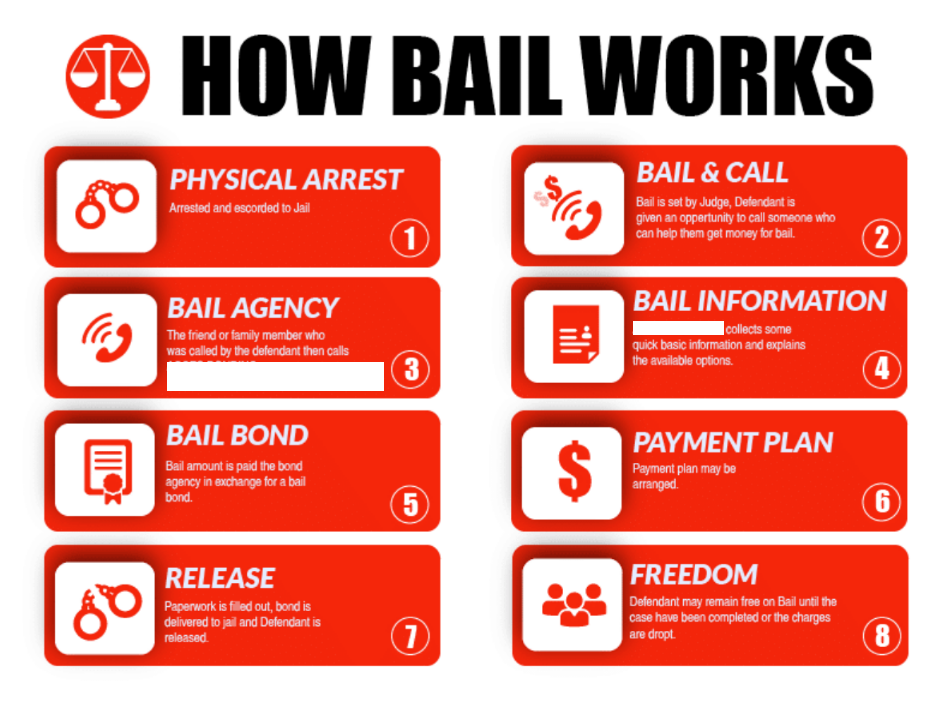
What Is Bail and How does it work?
Greg is a professional bail bondsman. If you have questions and need to talk to someone right away.
(717) 809-0504
What’s the process
Arrest by the police
Defendant will see judge who will set bail amount and terms
Call Greg at 717-809-0504
Greg Collects info needed to secure release
Bail is paid by Gregs Bail Bonds
Payment plan is arranged
Release paperwork is filed and submitted to court
FREEDOM! Greg works his magic and gets you/your loved one free from jail.
Pennsylvania Bail Bonds Process
There are three types of bail, which are:
Release on Recognizance,
Means you just sign your name to the bail conditions and promise to abide by them and go home.
Unsecured Bail
Means the bail amount is set but nothing needs to be posted with the Court unless you violate a bail condition.
Secured Bail
means you have to go to jail until you are able to post cash or some other collateral with the Court to be released from jail. Now, in terms of how to post bail, you can either put up cash, property, or hire a bail bondsman. If you hire a bail bondsman, you pay a fee to them post your bail amount with their collateral to get you out of jail. Some Courts mostly Federal, but some State Courts require what is called a Nebbia Hearing before anyone can post bail for you. This is also called a bail source hearing. The Courts request this hearing because they want you or whoever is posting your bail to prove that the funds in which you are using to post the bail are from legitimate sources and not the proceeds of illegal activity. The most frequent type of case in which these hearing are mandated is in drug related cases. If your bail is set at $50,000 for example, the bail bondsman signs a surety note to the government that vouches for you, and if you violate the conditions of bail, the bail bondsman has to pay the bond to the court. Because of this Bail bondsman with track you down to make sure your appear for court. When it comes to filing for a property bail, you have to show the government free and clear title to the property, or have enough equity in the property to cover the amount of bail. If your bail’s $50,000 and your house is worth $200,000, but you have a $100,000 mortgage, you’re okay. If you have a $180,000 mortgage, however, you don’t have enough equity and bail can’t be posted.
What is the Criminal Process When Dealing With Bail?
If you’ve been sent a summons through the mail, you go directly to the preliminary hearing and preliminary arraignment. If you were arrested and taken into custody, bail will be set by the on call Magistrate. This is called a preliminary arraignment. Once your bail is set you either have to post bail or sit in jail until your preliminary hearing. A preliminary hearing is designed to determine if there is a prima facie case against you. “Prima facie” means “on the face,” which in plain English means does it looks like a crime has been committed and that you may have committed it. A Bail hearing can be scheduled by either party, either by the Commonwealth or by the Defendant. Most of the time a bail here is requested by the Commonwealth because they are either asking to have the bail increased or to have the bail revoked for some alleged violation of the bail conditions. A Defendant can ask for a bail hearing to either reduce the amount of bail set, to change the type of bail set, or to remove a condition of bail.
